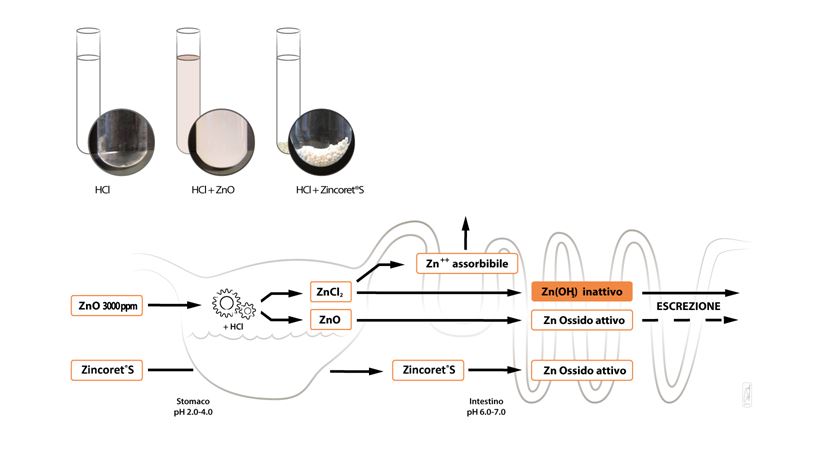Simple summary
Phenolic compounds are one of the largest groups of botanical components able to provide advantageous effects. Phenol-rich botanicals are widely investigated for their numerous characteristics, mainly antioxidant and anti-inflammatory. Despite the increasing use of these substances in food and feed, their effect on intestinal mucosa is still marginally known. The aim of this study was to screen the activity of different sources of phenol compounds on intestinal oxidation and barrier integrity in vitro. Human intestinal cells were treated with increasing doses of phenol-rich botanicals, then, an evaluation of oxidative stress and mucosal integrity markers was performed. Different sources of phenolic compounds elicit different responses from an organism, although all the tested botanicals showed a positive effect on treated cells. The results suggest that the potential use of these botanicals as dietary supplements could improve intestinal barrier function.
Abstract
Botanicals are mainly known for their role as antimicrobials and anti-inflammatories. Thus, the dual purpose of the study was to verify the antioxidant potential of the tested botanicals and to evaluate their possible modulation of intestinal barrier integrity. As the effects of various phenol-rich extracts were screened, the human Caco-2 cell line was determined to be most suitable for use as the in vitro model for the intestinal epithelium. The tested botanicals, all approved as feed additives, are ginger essential oil, tea tree oil, grape seed extract, green tea extract, olive extract, chestnut extract, pomegranate extract, thyme essential oil, and capsicum oleoresin. The cells were treated with incremental doses of each botanical, followed by measurements of transepithelial electrical resistance (TEER), gene expression of tight junctions (TJs), and reactive oxygen species (ROS). The results showed how different phenol-rich botanicals could modulate barrier functions and oxidative stress in different ways. Interestingly, all the botanicals tested exerted an antioxidant potential by dropping the cytoplasmatic ROS, while the beneficial effect was exerted at different concentrations for each botanical. Our data support the role of plant extracts and essential oils in controlling gut barrier function and in reducing the negative effects of oxidative stress in intestinal epithelial cells, thereby supporting gut barrier functionality.For more information: marketing@vetagro.comRead the full article here.







